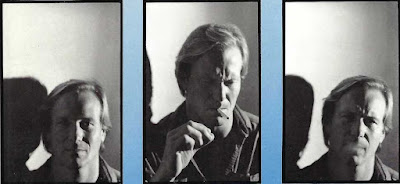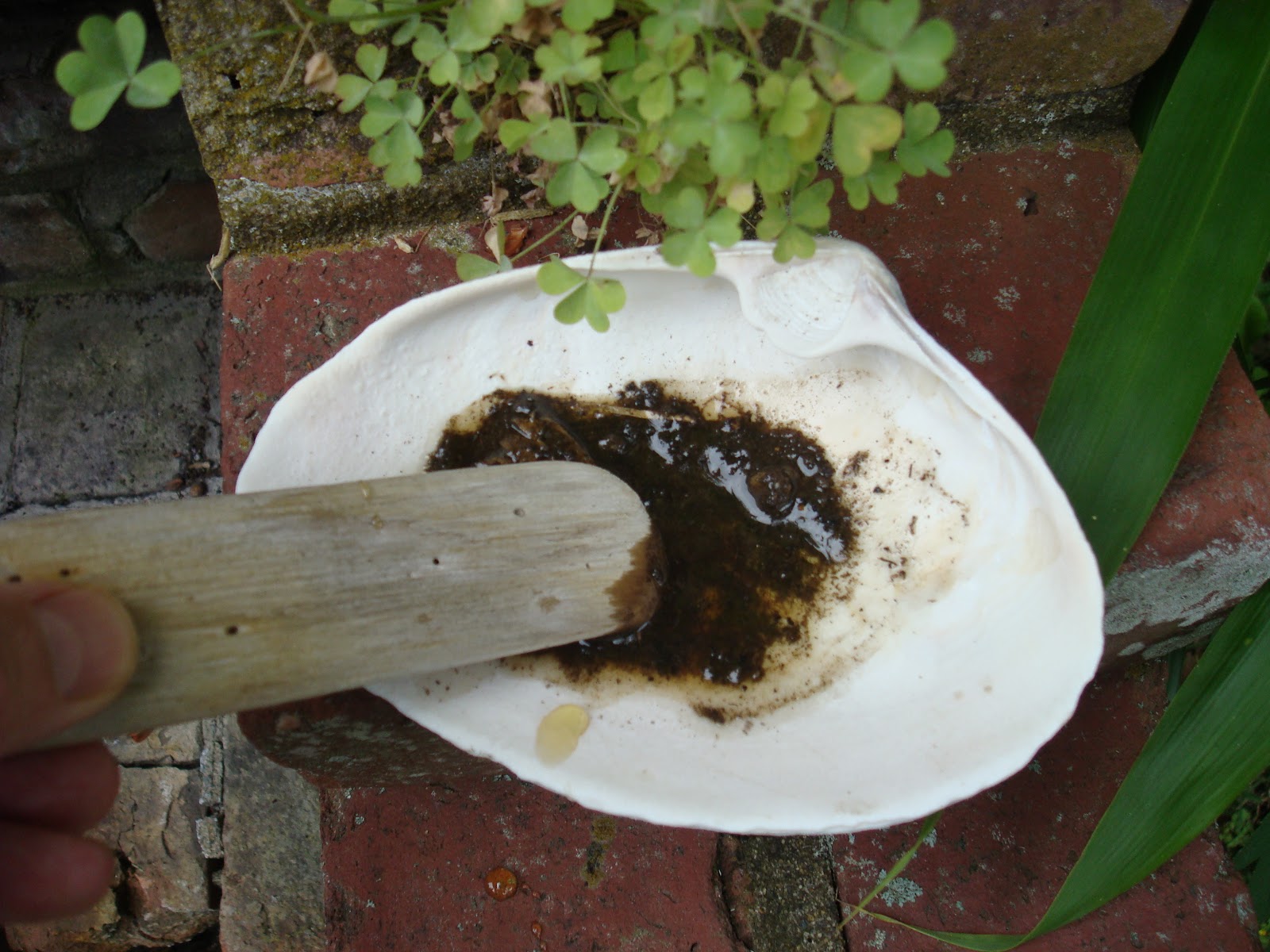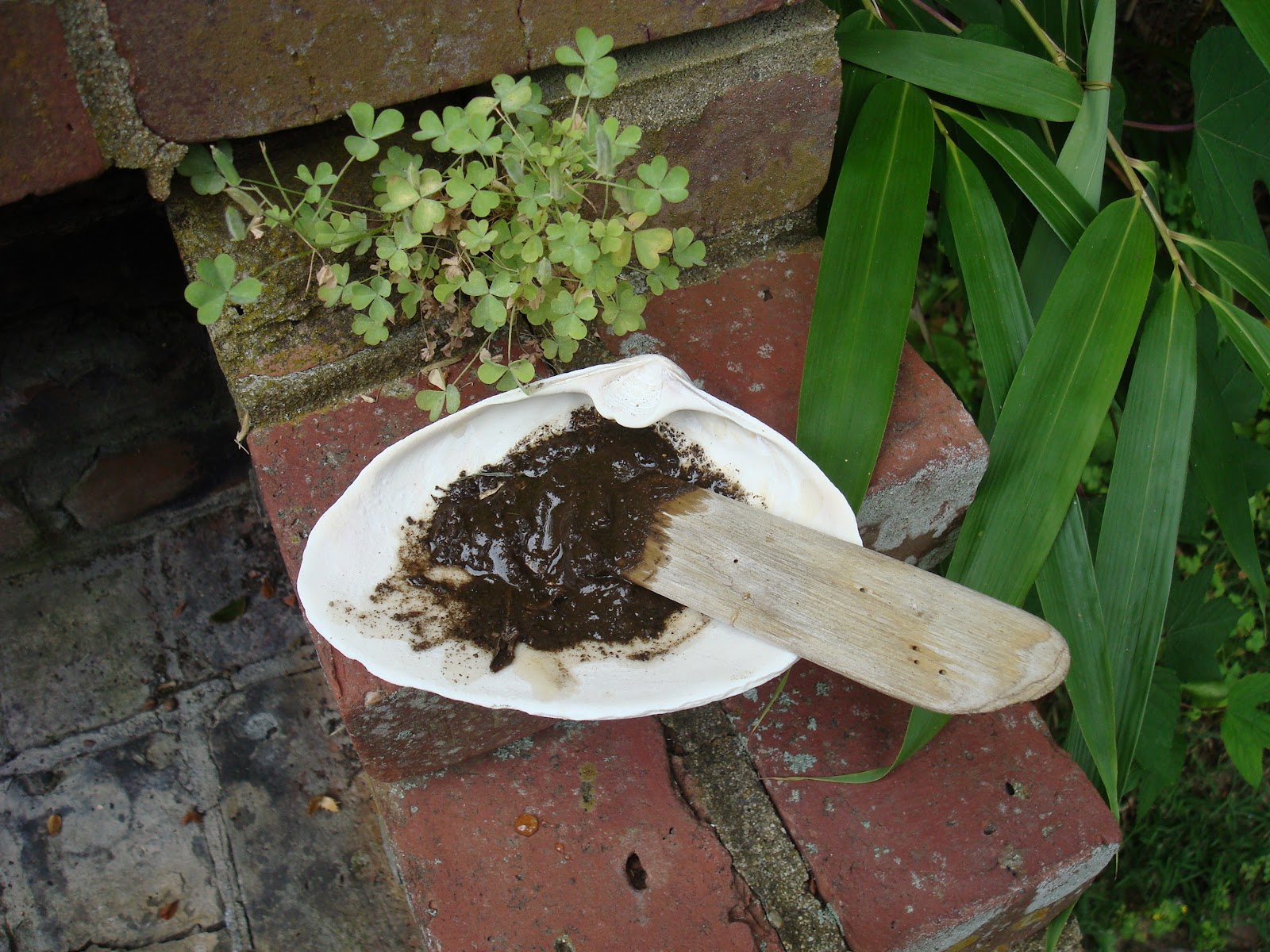Photo by Andrew Graham
How did some proponents of mindful self-pleasure end up sidelining a natural, indeed essential, part of the rhythm of male sexual experience? How did New Age thinking ever line up so compatibly with repressive Roman Catholic moral teaching from the middle of the last century?
Just to be clear, I'm talking about masturbating--or having partnered sex--until you cum.
So runs an orthodoxy variously expounded by adherents of multiple schools and traditions: the energy you raise through sexual arousal gets expelled when you ejaculate. Squirt it and lose it. Hold it in, and you hang onto it. The Life Force it takes to produce semen is quantifiable, and finite. Spooging is a drain on the body, and on the spirit. Men crash when they cum. Athletes know not to have sex before they compete. When you retain semen, you recycle that energy within yourself and can use it to cultivate mind-blowing, multiple full-body non-ejaculatory orgasms. You can achieve a sense of timeless presence and a state of bliss in which you can remain suspended for as long as you choose. You can also channel the energy into other aspects of your life. (See Competing Athletes, above, as well as soldiers in combat, and presumably otherwise occupied alpha males as well.)
But, um, guys--at least some of this does not correspond to reality.
First of all, the counterargument from, like, science. Studies are increasingly lined up on the benefits of frequent ejaculation for prostate health.
Second, not all men crash after ejaculation to the same extent. We don't necessarily crash as much each and every time. Some of us barely crash at all. Some of us feel euphoric. Some of us maintain a baseline of erotic charge that's higher with frequent ejaculation than without it.
Third, I'm not sure that getting ready for the Big Game, or even more for the Big Battle, is a great argument for why men are better off not cumming. Given the current state of the world, soldiers dropping their guns in favour of jerking off instead just might be the plus that saves us all. (If more spooge could result in less toxic masculinity, bring it on.)
Mindful sexuality, whether alone or with partner(s), is about balancing raw desire with conscious awareness. Some men love to edge--for hours, or whole days or weeks. Undeniably, chosen periods of non-ejaculation can induce altered states that open us to seeing ourselves and the world in a new and sometimes glorious light. Some solosexual men say they never want to cum and instead aspire to ride waves of pleasure and stay continually horny. I have no desire here to denigrate the validity of any man's experience, chosen for himself.
But the questions that get close to the heart of the matter for me are these: why do dogmatic proponents of semen retention tout its benefits in metaphysical and experiential terms, while they talk about ejaculation as an occasional physiological necessity, at best? Why the universalizing pronouncements? Why are the positive emotional meanings many men attach to ejaculation so sidelined by this rhetoric? Why so little attention to ejaculation as a conscious choice that can offer spiritual lessons of its own?
There are alternatives to this orthodoxy, for those who find it oppressive, or reductive of their own experience. For some men, ejaculation figures in the spirituality of solosexual pleasure. Some men experience cum as a sacrament: as evidence of the divinely given joy our bodies are capable of offering us, to be treasured, honoured, shared.
What's more: the drop in energy after ejaculation can itself serve as a teaching we learn from our bodies: to mindfully choose a moment of swiftly transitory bliss can be a profound way to embrace change--a supreme acknowledgement that we are mortal creatures living our lives within time. We were born, we came to sexual maturity, and we will die, just as our forefathers have before us, and our sons will after us. It's not so farfetched that the French sometimes call orgasm "la petite mort"--"the little death." The conscious decision to cum can be a way of celebrating our lives in humility, a means to affirm that we're part of nature rather than Masters of the Universe who transcend nature.
In the parlance of Jesuit spiritual direction, "ejaculation" refers to a short, spontaneously uttered prayer. A very different meaning, yes. Or perhaps, exactly the same.
When we ejaculate and honour our semen--however we may feel moved to honour it: when we anoint ourselves and our brothers with our seed, when we taste it and share it with others, when we use it in ritual or in art, when we offer it to the soil at our feet--we make an offering of our lives to the Mystery from which we emerge and to which we'll return.
Blessed Be.













